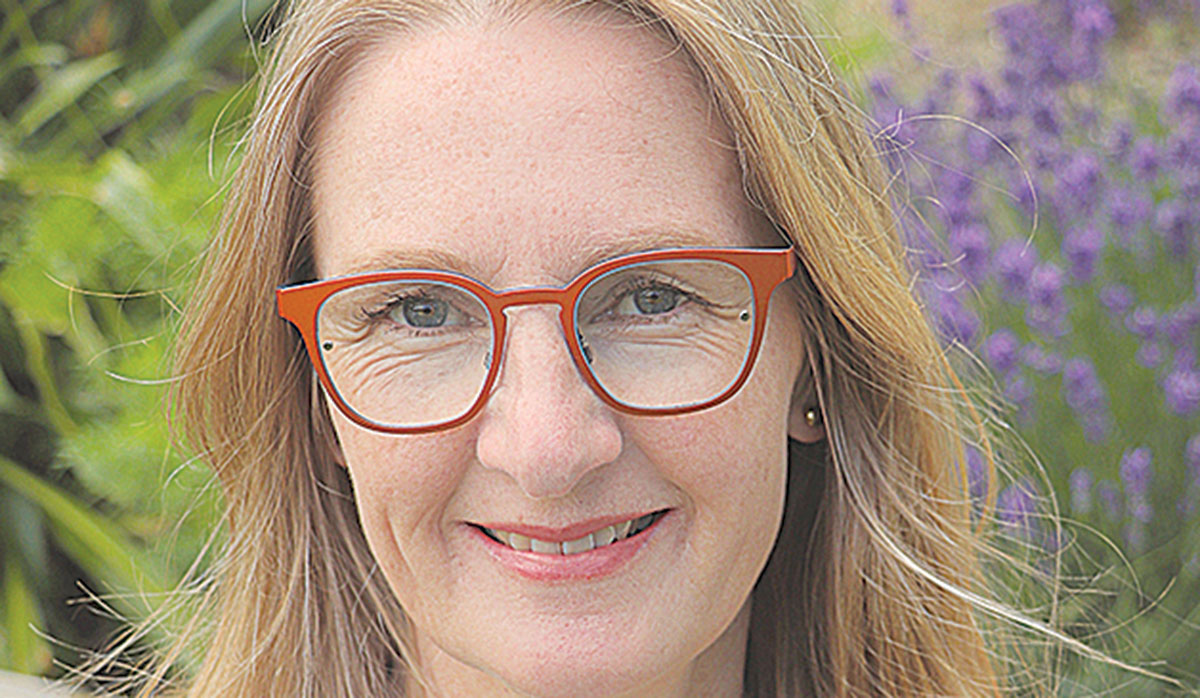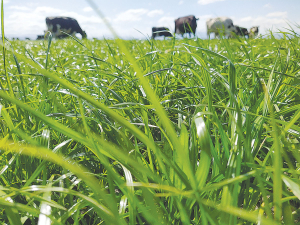Choosing pasture seed at bargain prices may seem an attractive way for farmers to reduce autumn or spring re-sowing costs, but it comes with significant risks, says the NZ Plant Breeders and Research Association (PBRA).
As the autumn re-grassing season approaches, the association is urging farmers to choose modern proprietary cultivars which are supported by years of investment, testing and development.
Choosing uncertified or unknown cultivar options can result in poorer strike rates and weed infestation. Cheap pasture seed may also contain unknown and potentially low or non-existent endophyte, crucial for pasture persistence and good livestock performance.
Newly appointed PBRA chief executive Sarah Clark says modern ryegrass cultivars are inoculated with new and known endophyte strains which are designed to reduce the effects of some performance-limiting livestock challenges and enhance persistence.
Clark says PBRA member companies deploy specific managment systems to ensure endophyte levels and seed quality are maintained, and they also come with support and advice from experienced field staff. "It might be tempting to consider buying cheap, uncertified seed, but the risk of poor pasture performance is high, as is the risk to on-farm biosecurity from the introduction of unwanted weeds," she says.
"Buying seed of unknown quality and provenance buys a risk of high weed control costs and reduced pasture and animal productivity. The cost of additional management inputs and lost animal productivity can far exceed the premium paid for buying known and proven cultivar pasture seed."
Many PBRA member companies make significant long-term investments in proprietary cultivar development, and she says the support of farmers is vital to maintain those programmes, so they continue to provide cultivars which perform better and mitigate some of today's farming challenges.
The general manager of PBRA member company Germinal New Zealand, Simon Larsen, says many of the proprietary cultivars have also been included in multiple National Forage Variety Trials across several regions, so farmers can compare their performance against other options in similar farming areas to their own.
 |
|---|
|
Newly appointed NZ Plant Breeders and Research Association chief executive Sarah Clark.
|
"Those trials are independenly run and audited, so farmers can view the results, maker their own selections with confidence and know the cultivar choice they make will provide value to their farm," Larsen says.
PBRA member companies have good supplies of their proprietary ryegrass cultivars available for sowing this autumn after last year's challenging season resulting from lower farm gate prices and the hike in input costs experienced over the past two years.
Larsen expects improving farmgate prices will have a positive influence on the volume of seed sown in this autumn's re-grassing period.
"The cost pressures on farms mean there's been a lot more short-term crops repeated over the past couple of years and pasture renovation deferral. At some point those paddocks will return to perennial pasture as part of the farms re-grassing programme," he says.
The PBRA represents plant breeders, intellectual property owners and managers of proprietary agricultural seed. Association members are companies whose primary focus is the development and marketing of plant intellectual property through demonstrating the strength of research-proven standards of performance.




















